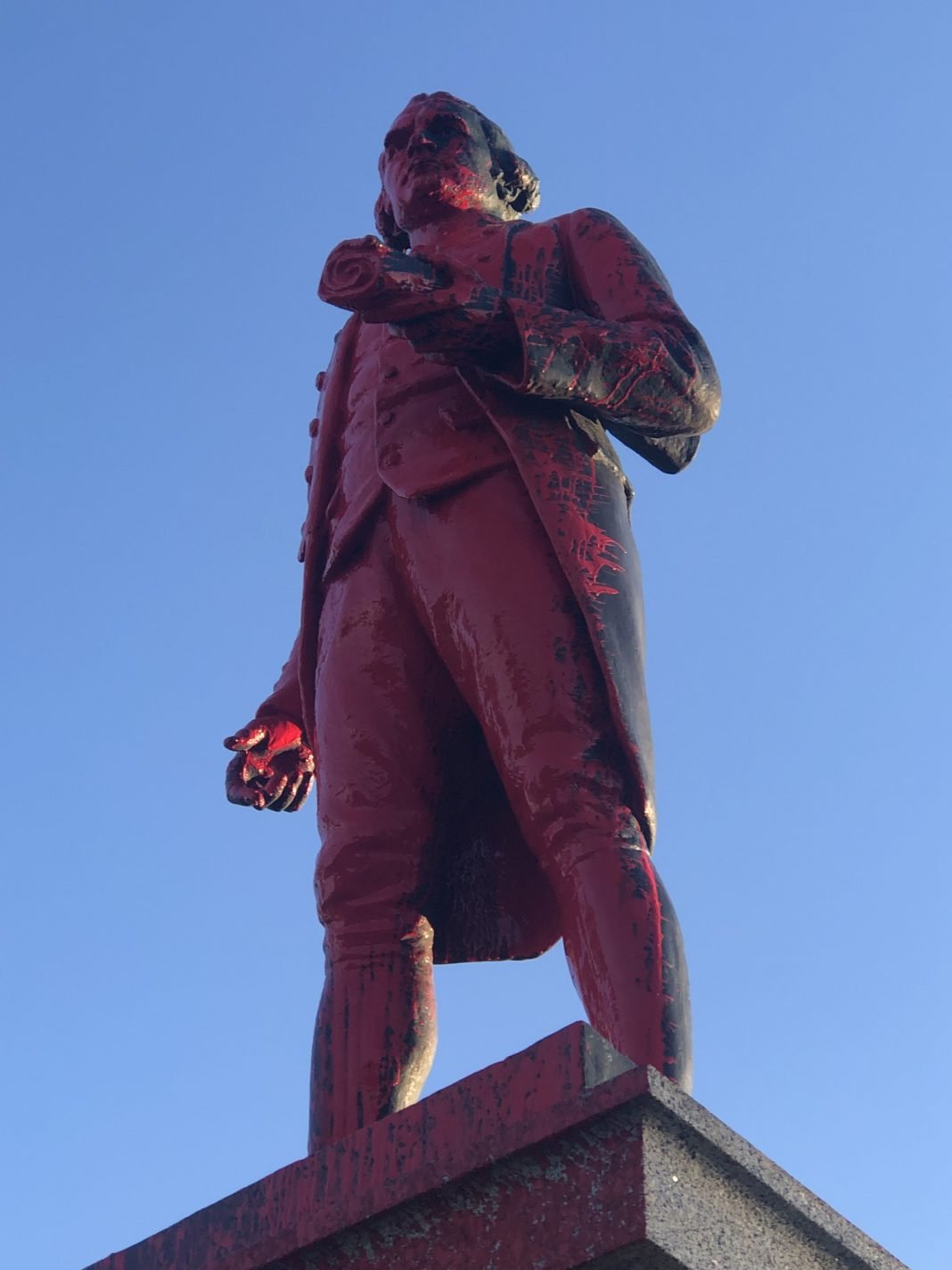In order to understand the significance of Governor Bourke’s Proclamation (1835) one must look at a secondary source document. Power Knowledge and Aborigines, 1992 Edited by Bain Attwood and John Arnold, is a collaborative journal of Australian Studies by historians and a useful resource. I am going to focus on the introduction authored by Bain Attwood to look at white rule in Australia and attitudes. Attwood’s theory asserts that Australian Aboriginalism’, defined by white man’s knowledge was a quest for Power. European Power therefore constructed Aboriginality. The mechanism was to disempower and therefore deny natives as the rightful owners of the land ‘personhood,’ (introduction I –XVI). A law of Colonization by manipulation of power and knowledge hence positioned Aboriginality to suit the colonizer. Aboriginals disempowered and dehumanized, to the point of an object of nature, rather than humans of standing. Knowledge was a production for the purpose of power and control over the land. A key point to justify the colonizers stance is the bias that Indigenous people are inferior and deemed less evolved because “usually Aborigines are ‘black male bearded and scantily dressed.’” Attwood points out that “colonial lawmakers and statisticians increasingly categorized Aborigines in terms which were predominantly racial” looking at theory’s such as the Rousseau’s ‘Noble Savage’ and Edward Said’s ‘Orientalism’ to back up his argument. Orientalism can be defined a false belief fostered by the view of superior science and technological achievement attributed to the white race; this argument suited colonization. Governor Bourke’s Proclamation demonstrates a Colonizer, superior to Aboriginal Natives, as judged by the colonizers benchmark. Governor Bourke’s Proclamation is a knee jerk reaction to Batman’s Treaty with the Aboriginals over the purchase of land in 1835; this was to facilitate absolute control over the whole of the land for the Crown. Atwood’s observations reinforce Bourke’s belief as being ‘correct’ thinking at that time; he quotes that the ‘illiterate savage Aborigines had no history ‘and asserts colonizers believe ‘European history is linear therefore progressive,’ Bourke’s thinking also. Quoting the Australian Constitution 1901 (Section 127) ‘with reference to numbers of people of the Commonwealth’, ‘aboriginal natives shall not be counted’ demonstrates aboriginal people have historically suffered injustice because of Colonization, Bourke’s Proclamation, pivotal. Power Knowledge and Aborigines, analyses European attitudes as a belief of being a superior race and therefore looks at Aboriginal and Torres Strait Islanders as inferior savages, (noble or otherwise) and helps justify non-Sovereignty to natives as Bourke’s proclaiming.
Reference material;
Attwood, B & Arnold, J (Eds), (1992) Power Knowledge and Aborigines,
La Trobe University Press in association with the National Centre for Australian Studies, Monash University,
Printed in Australia by Aristoc Offset, Melbourne


